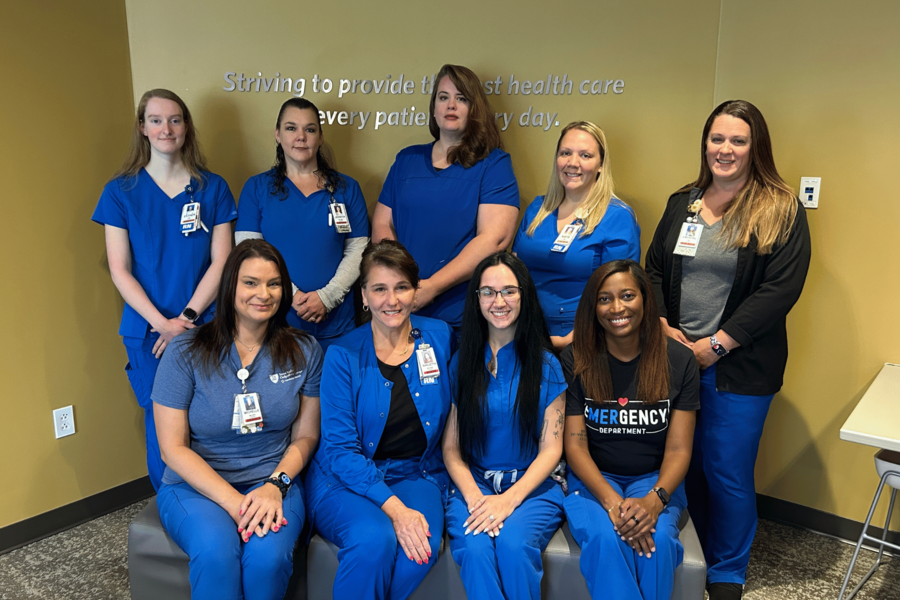
A Sexual Assault Nurse Examiner (SANE) is a registered nurse who has specialized education and clinical preparation in the medical and forensic care of victims of crime. Charleston Area Medical Center’s SANE nurses are trained to identify physical trauma, document injuries, collect evidence and maintain chain of custody.
These nurses provide immediate crisis intervention, emotional support, collaborate with community agencies in response to crimes and provide testimony in court cases.
CAMC’s SANE Coordinator Sheletta Thomas, BSN, RN, recently became certified in pediatrics in addition to her adult/adolescent certification.
“It is important for me to be certified in both so I can precept and be a resource to our sexual assault nurse examiners,” Thomas said.
West Virginia recognizes two separate certifications for practicing SANEs. AA-SANE’s can provide care for adolescents and adults (14 years of age and up), and P-SANEs provide care to patients under the age of 14.
“By having nurses certified in the care of sexual assault victims, we can offer comprehensive care and treatment to victims of crime 24/7 at all four Charleston area hospitals,” Thomas said. “Currently, there are 19 nurses who participate in the SANE program. Of those, 10 are AA-SANE certified. The other nine are still completing their clinical skills competency. We have three nurses who are attending pediatric training and we will begin their preceptorship to get them certified.”
Having SANE’s trained specifically in pediatrics means we can meet the needs of some of our most vulnerable patients. Pediatric victims can be treated at any of the four locations instead of being transferred to another facility. CAMC now receives pediatric transfers from all over the state.
Being a SANE is more than collecting evidence for law enforcement.
“We start the healing process by giving patients back their voice, preserving their dignity, being careful not to re-traumatize them and empowering them to make decisions about their care,” Thomas said.

